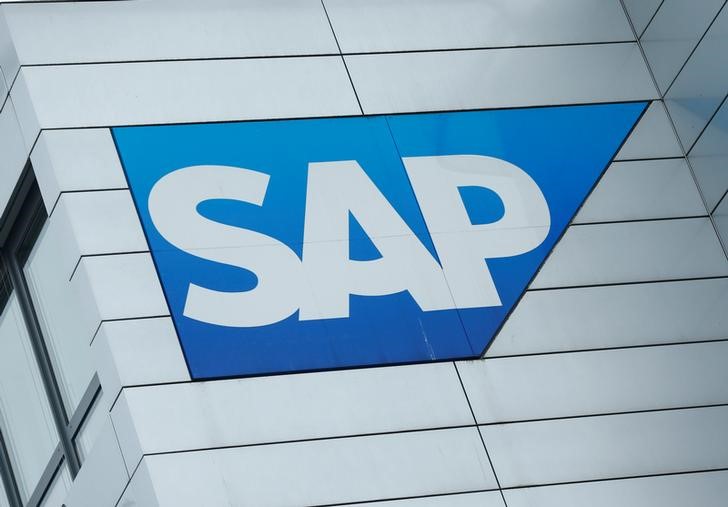China smartphone shipments slumped in June on inventory overhang: Jefferies
Investing.com -- BofA Securities analysts suggest that the recent sell-off in European software stocks presents a buying opportunity, in a note dated Wednesday. This perspective comes even as they lower forecasts to reflect a more bearish macroeconomic backdrop.
BofA Securities economists anticipate a potential downside risk to global growth forecasts, estimating a reduction of at least 0.5 percentage points from the current 3.1% growth projection.
While their base case assumes that some tariffs will be negotiated away, the analysts also acknowledge a heightened likelihood of a stagflationary scenario for the U.S.
BofA Securities analysts project that tariffs could significantly decrease the Euro Area's economic growth by 0.4% to 0.6% over the coming quarters. This projection factors in the possibility of the EU imposing retaliatory tariffs.
The analysts have revised their forecasts for the sector for a second time, following their initial adjustments on April 1st. Despite the recent 19% sell-off in the sector, the analysts note that earnings per share (EPS) estimates have only been cut by approximately 5%.
This discrepancy leads them to view the current valuation levels as attractive, with many stocks trading at near 10-year price-to-earnings ratio lows.
SAP is specifically highlighted by BofA Securities as being relatively well-insulated. The stock has experienced a 21% decline from its peak, while 2025/2026 EPS estimates have only been reduced by 2.5%.
BofA Securities reiterates its “buy” rating on SAP, emphasizing its perceived resilience to current macroeconomic uncertainties.
The report also anticipates weaker demand in both corporate and leisure travel, affecting air travel and hotel stays. This expectation has led to a 2.2% reduction in BofA Securities' FY25 revenue estimates for the travel technology coverage stock, Sabre (NASDAQ:SABR).
BofA Securities' analysis draws on lessons from past economic downturns, particularly the Global Financial Crisis.
During that period, software revenues experienced a maximum quarterly decline of 10-14%, which was approximately three times the level of GDP contraction.
This translated to a roughly 20 percentage point peak-to-trough growth contraction, compared to a 7 percentage point slowdown in GDP.
Applying these historical observations to the current situation, BofA Securities analysts estimate the impact of tariff-induced macroeconomic pressures.
They project a 1-3% growth impact on software, approximately 2% on travel, 1-3% on IT services (noting the cyclical nature but limited US exposure of IT Services), and around 2% on payments.
Regarding specific companies, BofA Securities has made marginal downward adjustments to estimates for PROS, reflecting slower B2C growth amid potential weakness in travel demand.
Similarly, Sabre's 2025 revenue growth forecast has been reduced by 2.2 percentage points, primarily due to anticipated slower growth in air bookings and passengers boarded, as well as a slightly weaker HOS segment.
For SAP, the 2025 constant currency revenue growth forecast has been slightly lowered from 11% to 10.3%.
